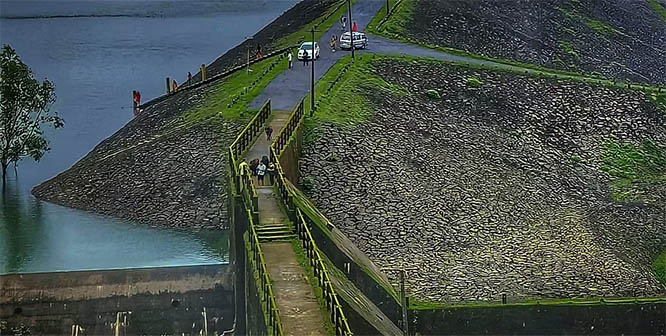Mumbai, Jul 27: Jewellery industry has expressed apprehensions that the government's decision of not lowering customs duty on gold from the current 10 per cent may give rise to activities in the grey market.

"This decision of not lowering the customs duty will create the problem of raw material availability. The raw material availability will go out of control and the premium on gold will again rise. It will also give rise to smuggling activities," All India Gems and Jewellery Federation (GJF) chairman Haresh Soni said here.
The premiums on gold is currently ruling at USD 6-10 an ounce in the domestic market, he said.
"These negative reports will affect the market and the premiums on gold will go up immediately," Soni pointed out.
He said the rising activities in the grey market will cost revenue loss to the government.
Echoing the view, Mumbai Jewellers Association Vice President Kumar Jain said the domestic jewellery sector, which give direct and indirect employment to about two crore people, are struggling and the manufacturing has been hit due to government policies.
"The jewellery sector is struggling and is manufacturing is impacted due to various government policies. In June the import was around 105-107 tonne easing the situation a bit. However, with Centre's decision, stock crunch in the industry will arise again," Jain added.
Gem and Jewellery Export Promotion Council Chairman Vipul Shah said industry players have been demanding the lowering of customs duty to two per cent since a long time as the CAD has been brought under control.
There have been demands for reduction of Customs duty to 2 per cent on the precious metal as the Current Account Deficit (CAD) is under control and the imports declined to 638 tonnes in 2013-14, from 845 tonnes in the previous fiscal.
In 2013, the government had hiked the Customs duty on gold in phases to 10 per cent to control gold import and to bring down the CAD.
The government and the Reserve Bank also imposed other restrictions on shipments, including linking of imports to exports, the 80:20 scheme, to prevent outgo of the foreign exchange, adding to instances of smuggling.
Through import curbs, the CAD has been brought down to USD 32.4 billion or 1.7 per cent in 2013-14.







Comments
Add new comment